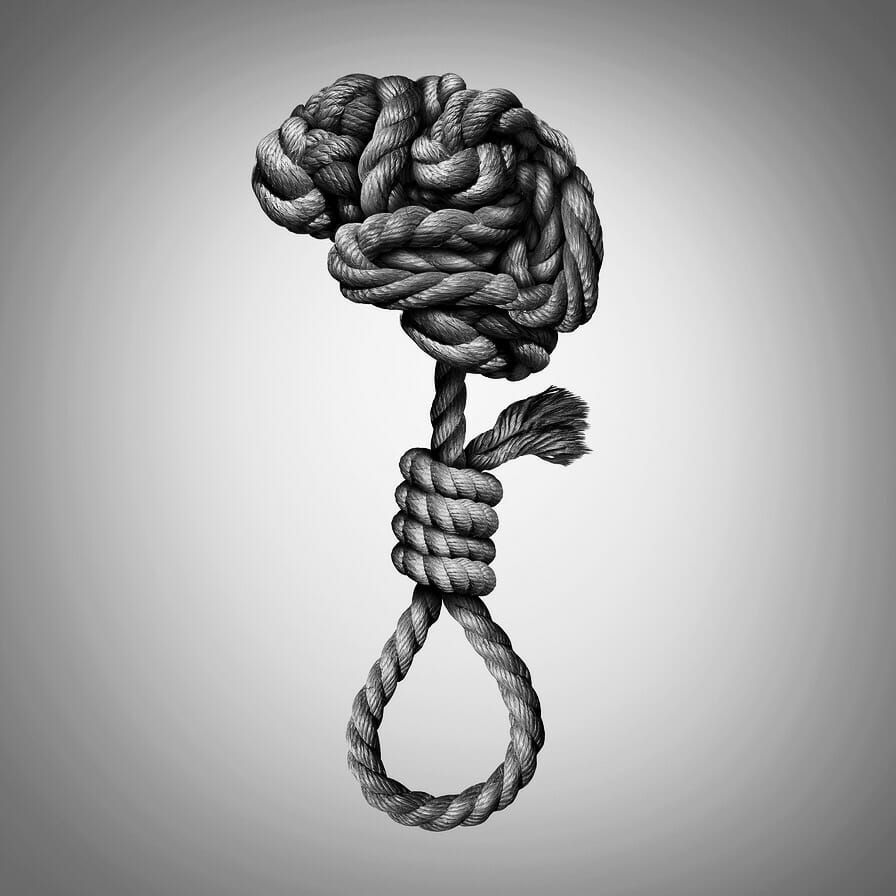
SSS Joins ‘National Suicide Prevention Alliance’ to help prevent suicides amongst military and emergency service personnel
I’m very excited, because this week, Social Support Systems became a member of the National Suicide Prevention Alliance (NSPA).
It seems that almost every week, there is news in the media of another soldier, paramedic, police officer or fire-fighter who has taken their own life – it is incredibly sad, and I believe that Social Support Systems (SSS) can have a great impact upon reducing the amount of suicides in the UK.
Some well known risk factors ‘associated’ with suicide are:
- drug and alcohol misuse
- history of abuse
- unemployment
- social isolation
- poverty
- poor social conditions
- imprisonment
- violence
- family breakdown
- critical incidents
- Military experience
These are also some of the issues that our clients visit us with, sometimes after enduring years of mental distress and crisis, and I’m proud to say that our facilitators are providing credible and effective resolutions for people affected by psychological trauma – the issue that I believe is at the root of suicidal ideation.
Recent statistics(1) stated that in 72% of recorded suicide cases, there had been no contact with a GP or mental health professional within the previous year, a curious statistic, which almost seems to blame the individual for their own demise – what then of the 28% who had disclosed to a GP and still committed suicide? Clearly those that did do found little solace in their treatment, or might i venture, the way they were treated?
This raises serious questions for the array of solutions available on the NHS for poor mental health, because clearly it isn’t working. The definitive evidence is that people are still killing themselves.
We see all manner of whipping posts blamed for the endless deaths – strain on the NHS, stigma, lack of uptake in treatment, comorbidity, government budget cuts, the ‘condition’ itself, and the myth of certain experiences being simply too damaging for recovery to take place etc etc – the fact is, the world of psychiatry is not prepared to challenge itself, to ask itself the awkward questions, to ask why the therapies they recommend aren’t effective.
At SSS we work from a person-centred point of view and continue to work hard for a change in perspective regarding research and therapy for posttraumatic stress.
Our commitment to the NSPA is to continue our work to resolve psychological trauma in those from an emergency service or military background, in order to help save the lives of those who have sacrificed much for our country and our communities.
If you are interested in helping Social Support Systems in our work on suicide, please contact us here
Details of the work of the National Suicide Prevention Alliance can be found at www.nspa.org.uk/
(1)Hewlett, E. & Horner, K. (2015). Mental Health Analysis Profiles: OECD Working Paper No. 81. Available at: http://www.oecd.org/officialdocuments/publicdisplaydocumentpdf/?cote=DELSA/HEA/WD/HWP(2015)4&docLanguage=En
Ambulance, Army, bluelight, critical incident stress debriefing, depression, distress, emergency services, Fire & rescue, Navy, police, posttraumatic stress, psychological trauma, PTSD, resistance resilience recovery, Royal Air force, Royal navy, Social Support Systems, Suicidal ideation, Suicide, trauma